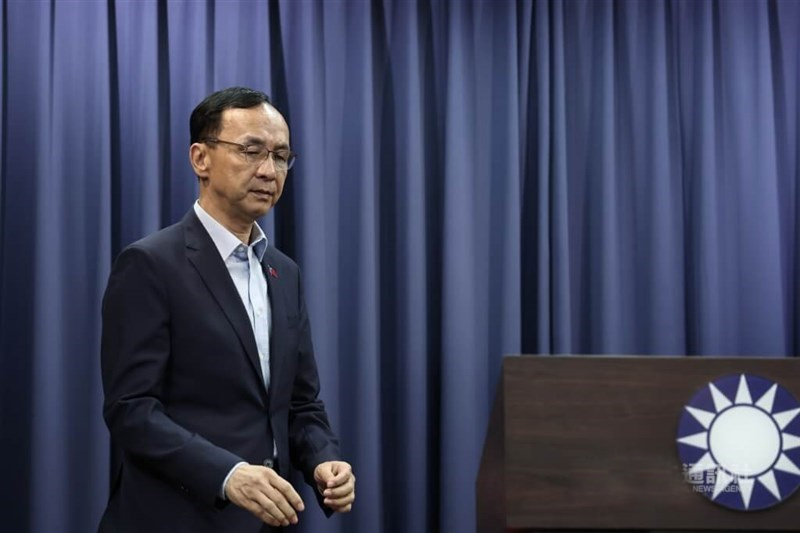🔍 What’s going on?
- Presidential Office invites KMT & TPP leaders to a closed-door “national security briefing” on June 18 with defense, foreign affairs, cross-strait, and intelligence agencies.
- KMT Chairman Eric Chu says the invitation lacks transparency, calls for an open-door policy and broader agenda, including economic and energy issues.
- TPP’s Huang Kuo‑chang also declines, citing hasty, one-sided arrangements and lack of detailed information.
- Presidential Office spokesperson Karen Kuo defends the format as globally standard (e.g., UK, Canada), reiterating goodwill and openness to dialogue.
🧩 What makes this more than political theater?
- Content vs. Clarity & Trust
Lai’s motive is clear: foster unity by sharing classified intel on threats from China—such as military buildup, hybrid warfare, and diplomatic pressures. Yet without transparency on what’s being discussed, opposition leaders distrust the session, fearing it’s a uni-directional briefing rather than bipartisan strategy dialogue. - Timing and Political Context
The briefing comes amid intense domestic politics—mass recall campaigns targeting dozens of KMT lawmakers—with trust between ruling and opposition parties hanging thin. The KMT interprets the invitation as politically symbolic rather than substantive. - Can Closed-Door Work in Taiwan?
While Taiwan’s democratic allies favor confidential presidential security briefings, domestic critics argue that with national concern high—thanks to recall votes and cross-strait tensions—closed-door formats feel exclusionary. Both sides must find a middle ground: sensitive info needs privacy, but legitimacy comes from openness and accountability.
🧭 Broader implications
| Dimension | Insight |
|---|---|
| U.S.–Taiwan Relations | Taiwan’s unity signals strength to allies like the U.S.—whose defense commitments hinge partly on Taiwan’s credibility (e.g., Taiwan Relations Act) |
| Legislative Reform | Sparks debate over whether the National Security Council Act or Presidential Office protocols need amendment to ensure meaningful bipartisan consultation |
| Public Engagement | Reinforces concern over recall-driven political theatre overshadowing real national security discourse |
🎯 Original Insight
- Bipartisan buy-in is strategic, not just political. For Taiwan’s democratic resilience — and to send a credible signal to China and the U.S. — such briefings must blend confidentiality with meaningful exchange, not one-way messaging.
- Building trust is the goal. That means pre-briefing transparency on agenda and format, and post-briefing declassification of non-sensitive summaries to reassure the public.
- Narrative beyond the session. The government could release a summary statement afterward outlining common ground—e.g., shared defense principles—even without detail on classified threats.
✅ Summary
The refusal by KMT and TPP leaders to attend President Lai’s closed-door briefings signals deeper tension about transparency and trust in Taiwan’s polarized political climate. While national security briefings are globally standard, Taiwan’s vibrant democracy demands additional transparency, clarity, and follow-through to build bipartisan unity and reassure domestic and international audiences alike.
📄 FAQs
Why are opposition leaders rejecting the invitation?
They demand openness—on the agenda, format, and participants—and fear it’s a uni-directional lecture rather than a true policy discussion
Isn’t security briefings normally confidential?
Yes—most democracies keep them closed. But Taiwan’s critics want controlled transparency to ensure democratic accountability.
What can Taipei do next?
Offer a clear pre-briefing agenda, allow limited public statement slots, and release a sanitized summary afterward to build trust and credibility.
Will they reschedule with transparency standards?
The Presidential Office says it remains open to dialogue. A compromise format may emerge—part open, part classified.


